Home>Home Maintenance>When Do You Pay For A Home Inspection?
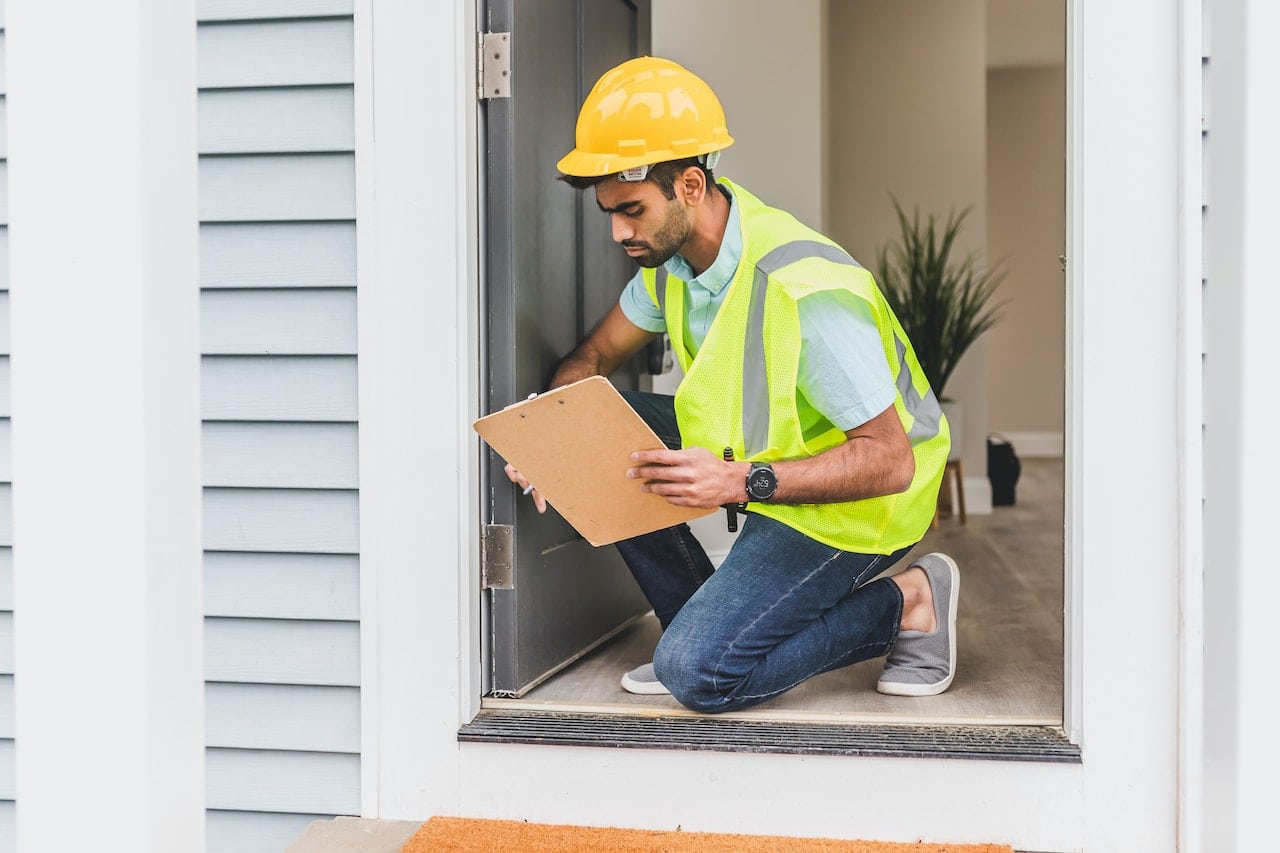

Home Maintenance
When Do You Pay For A Home Inspection?
Modified: March 6, 2024
Find out when you should budget for a home inspection. Learn about the importance of home maintenance and how it affects your investment.
(Many of the links in this article redirect to a specific reviewed product. Your purchase of these products through affiliate links helps to generate commission for Storables.com, at no extra cost. Learn more)
Introduction
Welcome to the world of home maintenance! One crucial aspect of maintaining and protecting your home is conducting regular inspections. A home inspection helps identify potential problems, assess the condition of your property, and ensure that it remains a safe and comfortable living space.
When it comes to home inspections, there can be some confusion about when exactly you should pay for them. Is it only necessary when buying or selling a home? Or should you consider getting one even if you’ve been living in the same house for years?
In this article, we will explore the importance of home inspections, factors that determine when to pay for them, and recommendations for when to schedule these essential inspections. Whether you are a homeowner, a buyer, or a seller, read on to discover when it’s a good time to invest in a professional home inspection.
Key Takeaways:
- Don’t wait to pay for a home inspection! Whether buying, selling, or maintaining, regular inspections help catch hidden issues, ensure safety, and maintain property value.
- For buyers and sellers, investing in a home inspection is crucial. It provides valuable insights, boosts confidence, and helps set fair prices, ultimately ensuring a smoother transaction process.
Importance of Home Inspections
Home inspections play a vital role in maintaining the safety, integrity, and value of your property. These inspections are conducted by certified professionals who thoroughly evaluate various aspects of your home, including its structural components, electrical systems, plumbing, HVAC systems, and more. Here are a few reasons why home inspections are so important:
- Identify hidden issues: Home inspections can uncover hidden problems that may not be immediately noticeable to the untrained eye. From hidden water leaks to electrical hazards, these inspections can help catch issues early on, saving you from costly repairs down the line.
- Ensure safety: A thorough inspection helps identify potential safety hazards in your home, such as faulty wiring, mold growth, or structural issues. Addressing these concerns promptly can prevent accidents and ensure the well-being of you and your loved ones.
- Maintain property value: Regular home inspections help maintain and enhance the value of your property. By identifying and fixing issues early on, you can ensure that your home remains in good condition, making it more attractive to potential buyers in the future.
- Peace of mind: Knowing that your home has been thoroughly inspected can provide peace of mind. It allows you to address any problems proactively and make informed decisions about repairs or renovations.
Whether you are buying, selling, or simply maintaining your home, a professional home inspection is a valuable investment. It helps you understand the current condition of your property and provides you with the necessary information to make informed decisions about its upkeep and future plans.
Factors that Determine When to Pay for a Home Inspection
When it comes to scheduling a home inspection, certain factors come into play. These factors help determine when it is the right time to invest in a professional inspection. Here are some key considerations:
- Buying or selling a property: The most common scenario for scheduling a home inspection is during the process of buying or selling a property. As a buyer, it is advisable to conduct a thorough inspection before finalizing the purchase to uncover any potential issues or hidden problems. As a seller, getting a pre-listing inspection can help identify and address any issues that may arise during negotiations, ensuring a smoother transaction.
- Age of the property: The age of your property can also influence when a home inspection is necessary. Older homes, in particular, may have a higher likelihood of structural deterioration, outdated electrical systems, or plumbing issues. It is recommended to conduct regular inspections for older properties to catch and address any potential issues early on.
- Previous issues or renovations: If you have recently experienced a significant issue with your home, such as water damage or foundation problems, it is crucial to schedule a follow-up inspection. Additionally, if you have recently undergone major renovations or repairs, a post-renovation inspection can ensure that the work was done correctly and that there are no hidden issues that need attention.
- Regular maintenance: Even if you are not buying or selling a property or dealing with any noticeable issues, it is still beneficial to schedule periodic home inspections as part of your regular maintenance routine. These inspections can help identify any minor problems before they escalate into major expenses, ensuring that your home remains in optimal condition.
Remember, the decision of when to pay for a home inspection ultimately depends on your specific circumstances. It is always better to err on the side of caution and schedule an inspection if you have any doubts or concerns about the condition of your property.
Paying for a Home Inspection as a Buyer
As a buyer, paying for a home inspection is an essential step in the home buying process. It provides you with valuable information about the condition of the property and helps you make an informed decision. Here are a few things to consider when paying for a home inspection as a buyer:
- Choose a reputable inspector: It is crucial to hire a certified and experienced home inspector who has a solid reputation in the industry. Look for inspectors who are members of professional organizations and have positive reviews from previous clients. This ensures that you are receiving a thorough and unbiased inspection report.
- Include an inspection contingency in your offer: When making an offer on a property, include an inspection contingency that stipulates the right to conduct a professional home inspection. This gives you the option to back out of the purchase or negotiate repairs or price adjustments based on the inspection findings.
- Be present during the inspection: Whenever possible, it is highly recommended to attend the home inspection. Being present allows you to ask questions, gain a better understanding of the property’s condition, and receive immediate feedback from the inspector. It is an excellent opportunity to learn about the home’s systems, maintenance requirements, and potential future issues.
- Review the inspection report: Once the inspection is complete, carefully review the inspection report. It should provide a detailed overview of the condition of the property, highlighting any issues or areas that require attention. If there are significant issues, you can use this information to negotiate repairs or price adjustments with the seller.
- Consider additional specialized inspections: Depending on the property’s characteristics, it may be necessary to consider additional specialized inspections. For example, if the property has a swimming pool, you may want to schedule a separate pool inspection. Other specialized inspections may include termite inspections, mold testing, or radon testing.
Remember, paying for a home inspection as a buyer is a prudent investment that can help you avoid potential problems and make an informed decision about the property you are considering purchasing.
It’s best to pay for a home inspection after your offer on a house has been accepted. This way, you can ensure the inspection is done on a property you are serious about purchasing.
Paying for a Home Inspection as a Seller
While it is more common for buyers to pay for a home inspection, there are situations where it can be beneficial for sellers to invest in a pre-listing inspection. Here are some reasons why paying for a home inspection as a seller can be advantageous:
- Identify and address issues proactively: By conducting a pre-listing inspection, sellers can identify any potential issues with their property before putting it on the market. This early knowledge allows sellers to address any necessary repairs or maintenance, ensuring that the property is in optimal condition and minimizing the chances of surprises during the buyer’s inspection.
- Boost buyer confidence: When sellers can present potential buyers with a completed inspection report, it can help instill confidence and trust in the property. Buyers will feel more comfortable knowing that the condition of the home has been thoroughly assessed by a professional. This transparency can result in quicker negotiations and a smoother transaction process.
- Set a fair asking price: A pre-listing inspection can help sellers set a fair asking price for their property. The inspection report will provide an accurate assessment of the property’s condition, allowing sellers to price their home accordingly. This prevents overpricing, which can deter potential buyers, or underpricing, which can result in missed opportunities for the seller.
- Negotiate with confidence: Armed with knowledge from the pre-listing inspection, sellers can confidently address any concerns raised by potential buyers during negotiations. Sellers have the opportunity to either make necessary repairs or adjust the offering price to reflect the condition of the property, making for a smoother and more transparent negotiation process.
- Reduce the chance of deal fall-throughs: By addressing any potential issues upfront, sellers can reduce the chances of deal fall-throughs. Buyers typically conduct their own inspections, and if they uncover significant problems that were undisclosed, they may back out of the deal. A pre-listing inspection helps minimize this risk and increases the likelihood of a successful sale.
Overall, while it may not be as common for sellers to pay for a home inspection, doing so can provide numerous benefits. It allows sellers to proactively address any issues, instill buyer confidence, set an appropriate asking price, negotiate more effectively, and reduce the chances of deal fall-throughs.
Read more: When Building A Home, When Do You Pay
Recommendations for When to Pay for a Home Inspection
While the specific timing of when to pay for a home inspection can vary depending on individual circumstances, here are some general recommendations to keep in mind:
- Buyer’s inspections: As a buyer, it is typically recommended to schedule a home inspection before finalizing the purchase of a property. This allows you to uncover any potential issues or hidden problems that may affect your decision. Including an inspection contingency in your offer gives you the flexibility to negotiate repairs or adjustments based on the inspection findings.
- Seller’s inspections: Consider investing in a pre-listing inspection if you are selling your property. This proactive approach allows you to address any issues beforehand and boost buyer confidence. By providing a completed inspection report to potential buyers, you can accelerate the negotiation process and reduce the chances of deal fall-throughs.
- Regular maintenance inspections: Regardless of buying or selling, scheduling regular home inspections as part of your maintenance routine is a valuable step. Conducting periodic inspections can help you catch minor issues before they escalate into major expenses. Consider scheduling a routine inspection every few years or as recommended by your local home maintenance professionals.
- After significant renovations or repairs: If you have recently undergone significant renovations or repairs on your property, it is advisable to schedule a post-renovation inspection. This ensures that the work was done correctly and identifies any additional issues that may have arisen during the construction process.
- After experiencing significant issues: If you have experienced significant issues with your home, such as water damage, foundation problems, or recurring issues in specific areas, it is essential to schedule a follow-up inspection. This inspection helps determine the root cause of the problems and provides guidance on necessary repairs or preventive measures.
Ultimately, the timing of when to pay for a home inspection will depend on your specific needs and circumstances. As a general rule, it is better to err on the side of caution and schedule an inspection if there are any doubts or concerns about the condition of your property. Remember, a professional home inspection is an investment in your home’s safety, integrity, and long-term value.
Conclusion
In conclusion, home inspections are a crucial aspect of home maintenance that should not be overlooked. Whether you are a buyer, seller, or homeowner, investing in a professional home inspection can provide invaluable insights into the condition of your property, helping you make informed decisions and maintain its value.
Knowing when to pay for a home inspection depends on various factors, such as buying or selling a property, the age of the property, previous issues or renovations, and regular maintenance. If you are a buyer, it is wise to schedule an inspection before finalizing the purchase, allowing you to identify potential problems and negotiate repairs, if necessary. Sellers can benefit from pre-listing inspections, which build buyer confidence, help set an appropriate asking price, and minimize deal fall-throughs.
Regular maintenance inspections are recommended for all homeowners, regardless of buying or selling. These periodic inspections can catch minor issues before they become major expenses and ensure that your home remains in optimal condition.
Ultimately, the decision to pay for a home inspection rests on your unique situation and needs. It is always better to be proactive and address any potential issues early on, rather than waiting for them to escalate. By investing in home inspections, you can maintain the safety, integrity, and value of your property for years to come.
So, whether you are stepping into the role of a buyer, seller, or homeowner, remember to prioritize home inspections. They are an essential part of maintaining your home and ensuring that it remains a safe and comfortable place to live.
Frequently Asked Questions about When Do You Pay For A Home Inspection?
Was this page helpful?
At Storables.com, we guarantee accurate and reliable information. Our content, validated by Expert Board Contributors, is crafted following stringent Editorial Policies. We're committed to providing you with well-researched, expert-backed insights for all your informational needs.
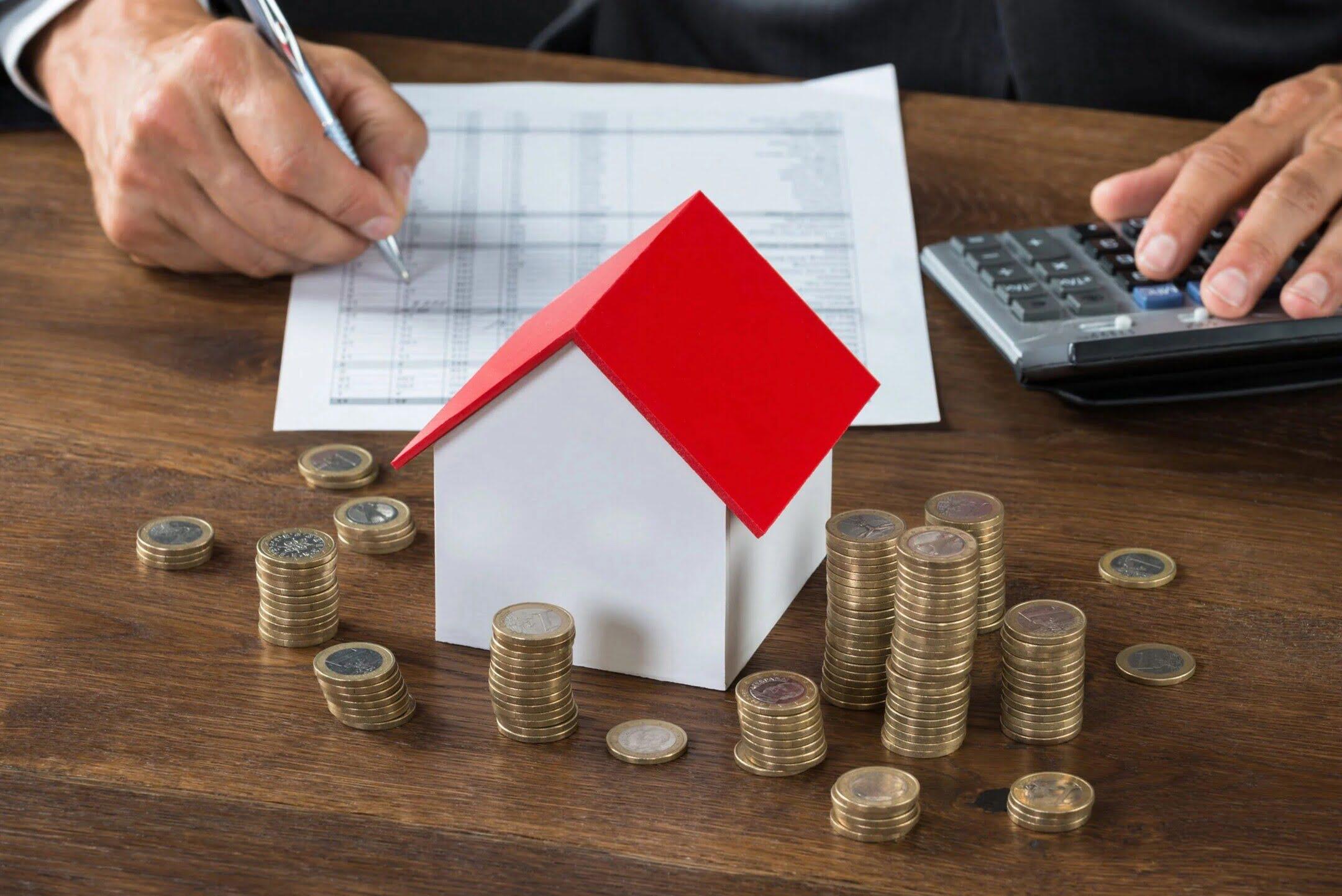
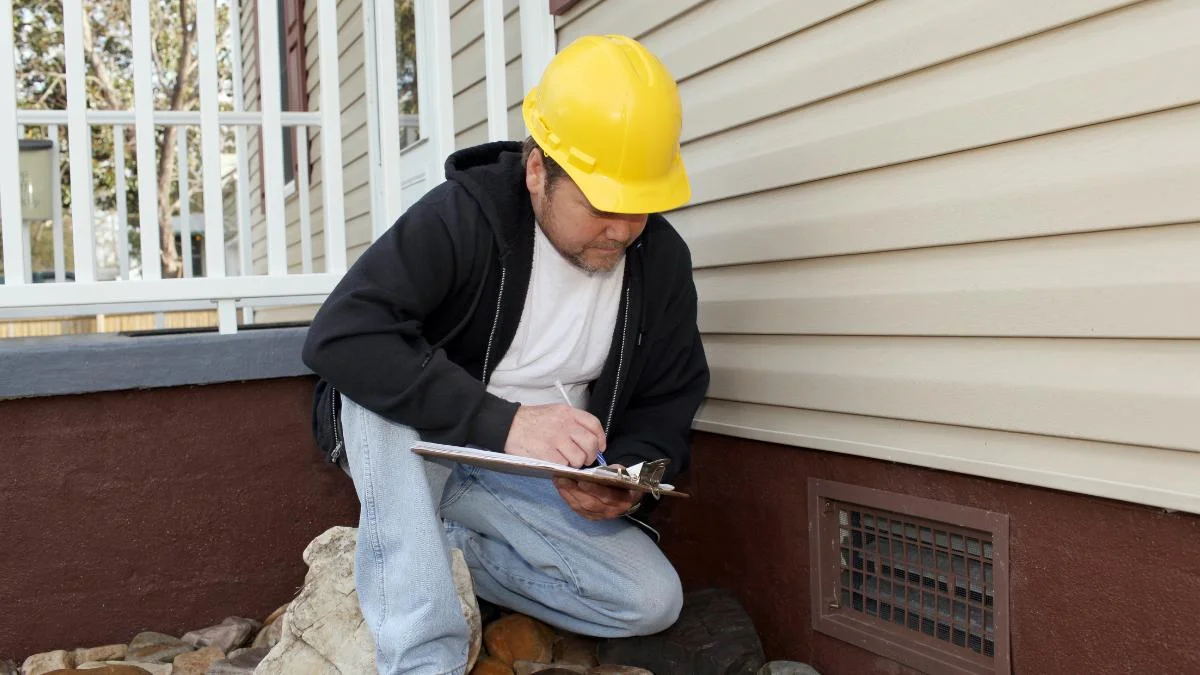
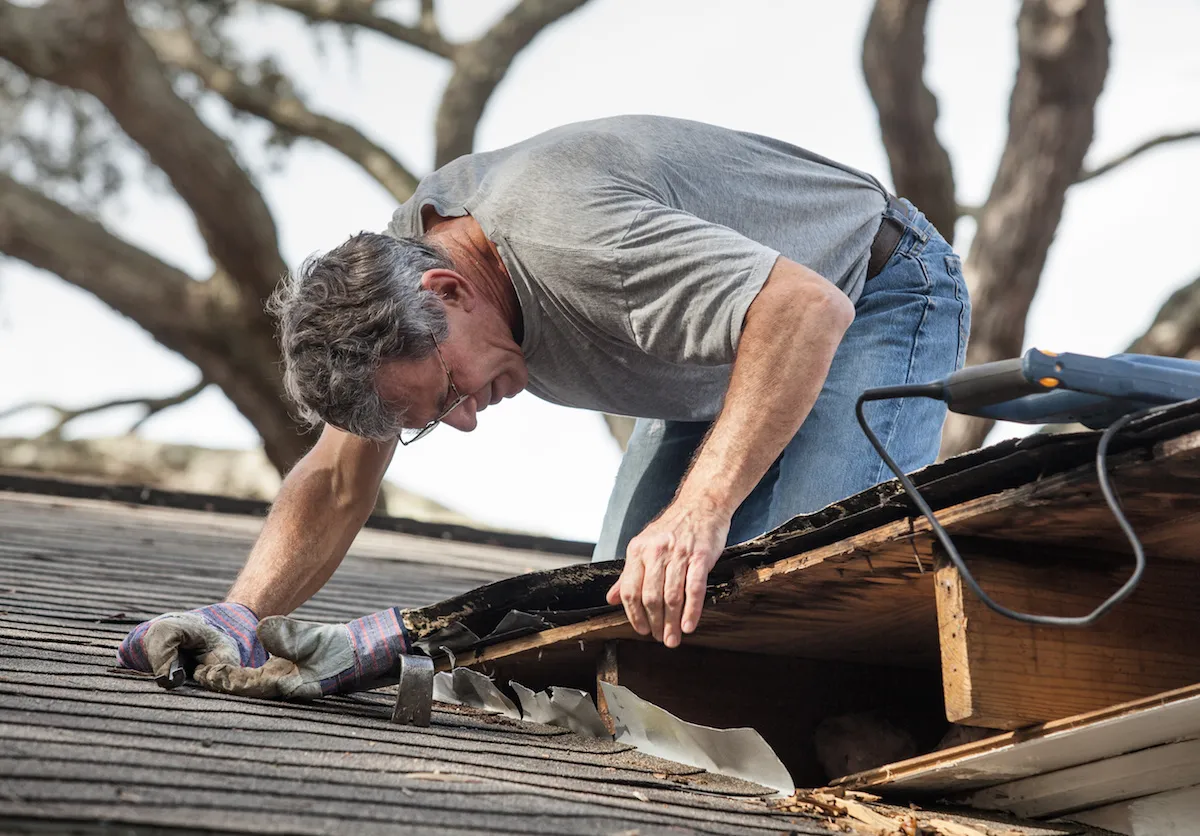
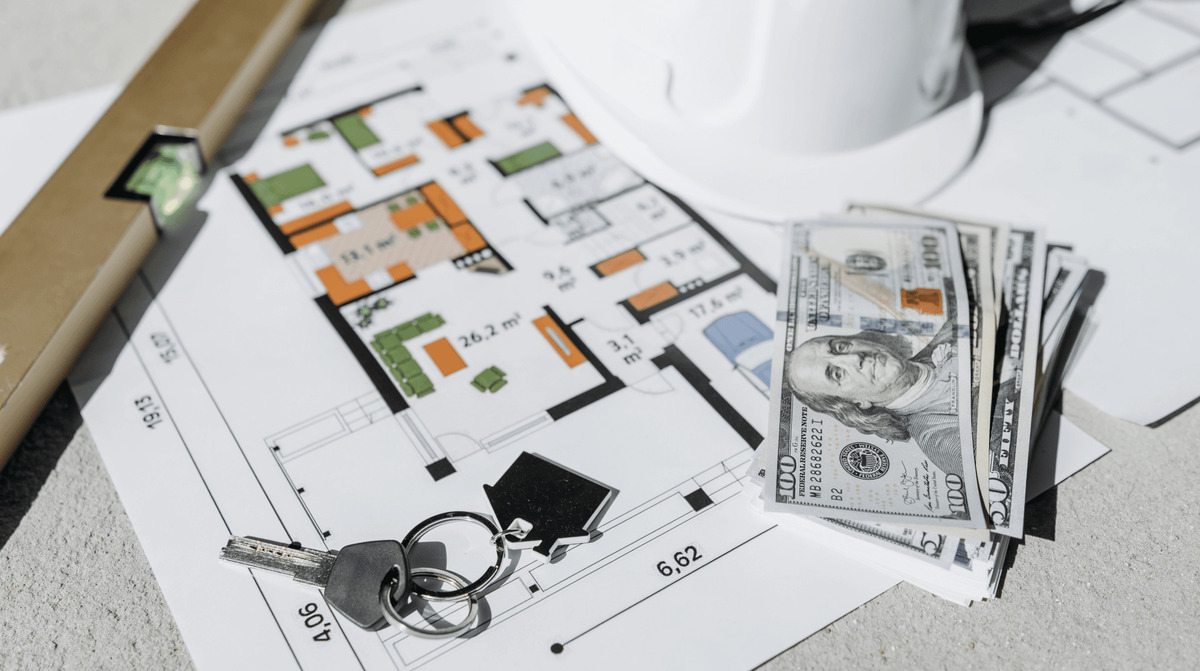


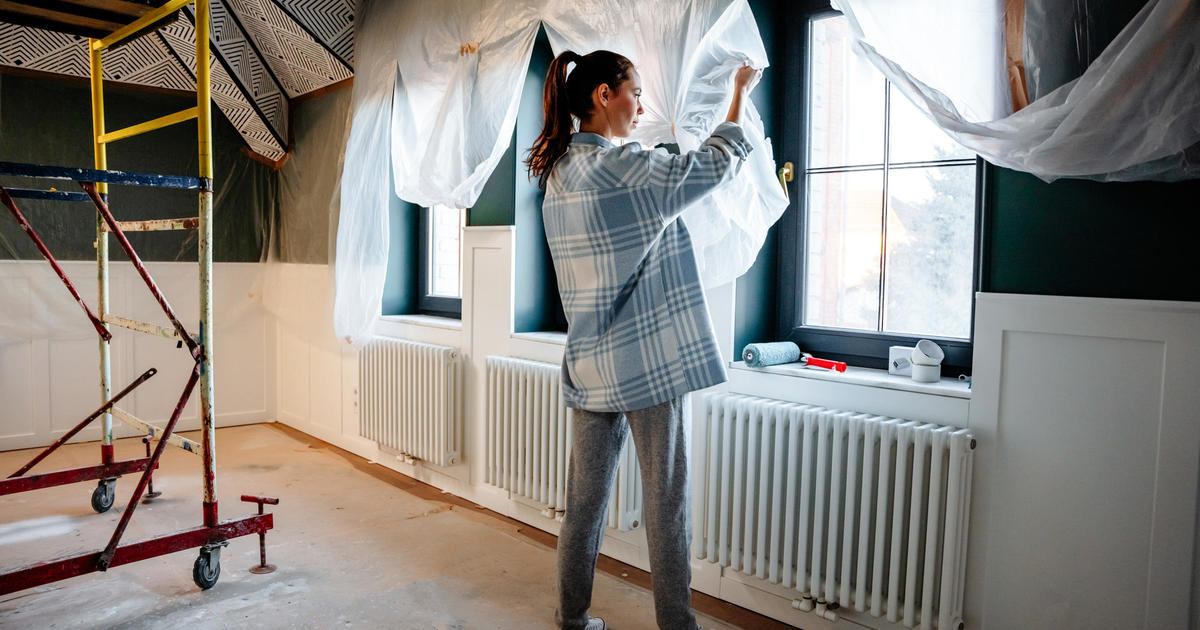
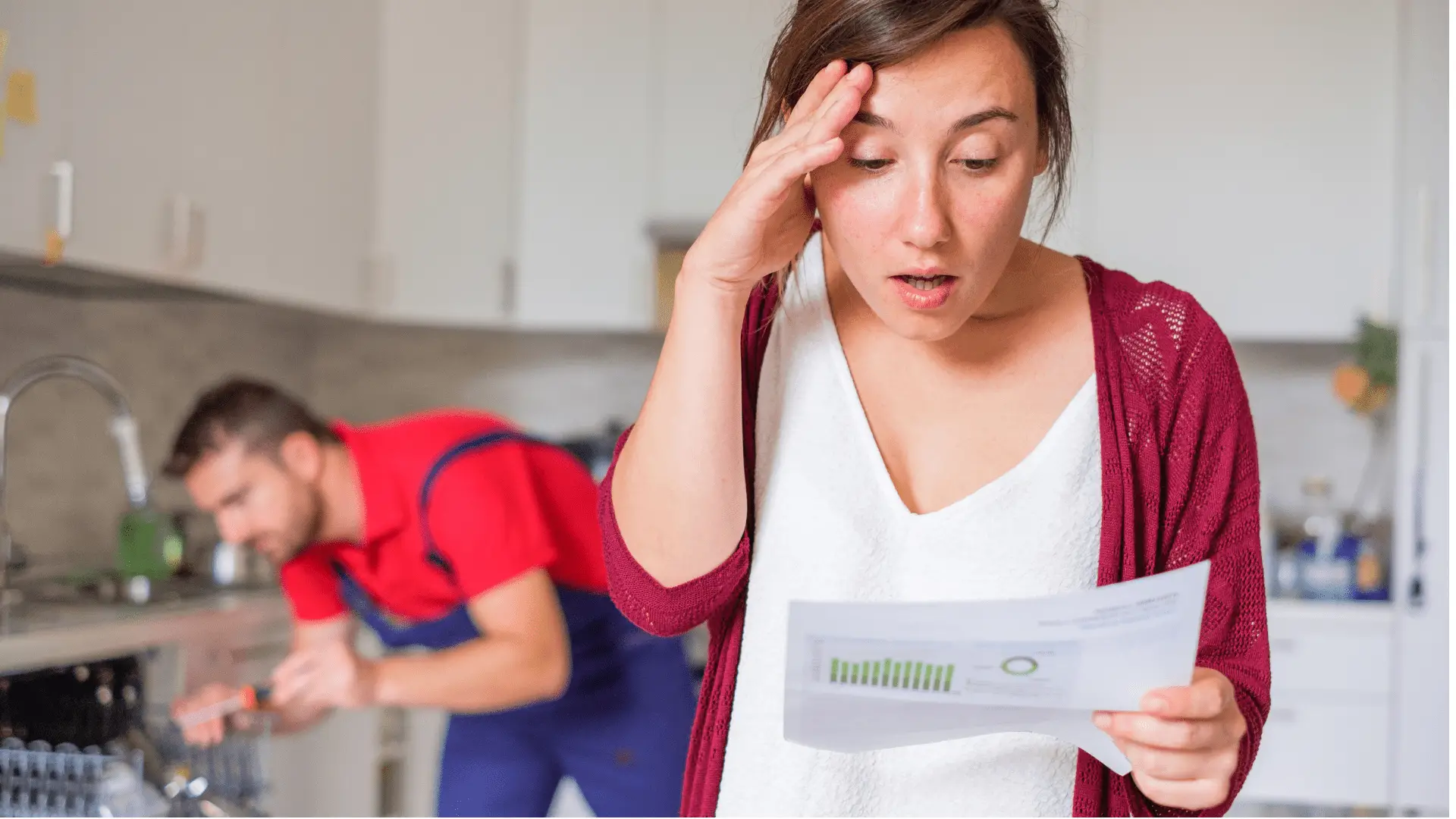


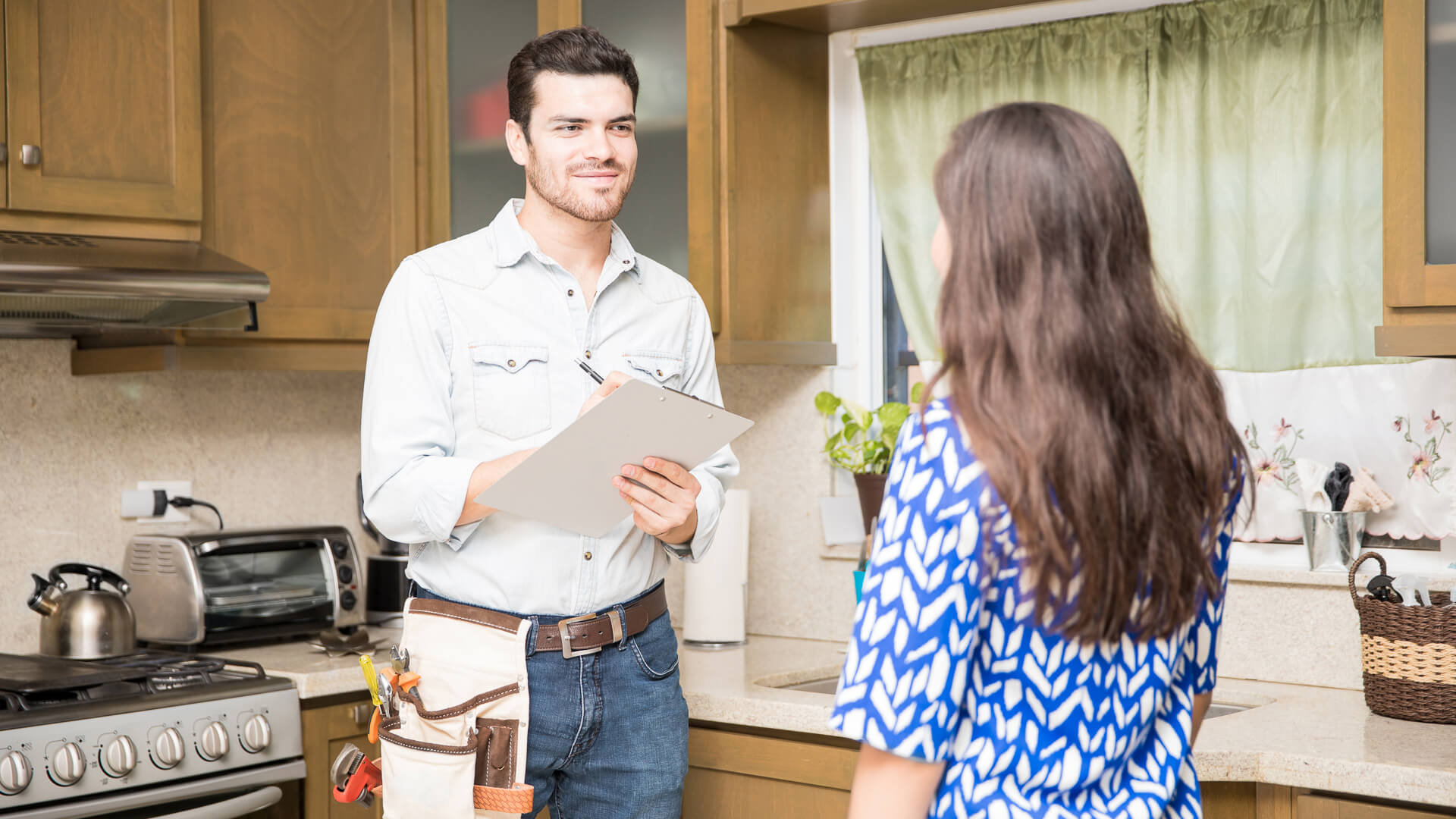
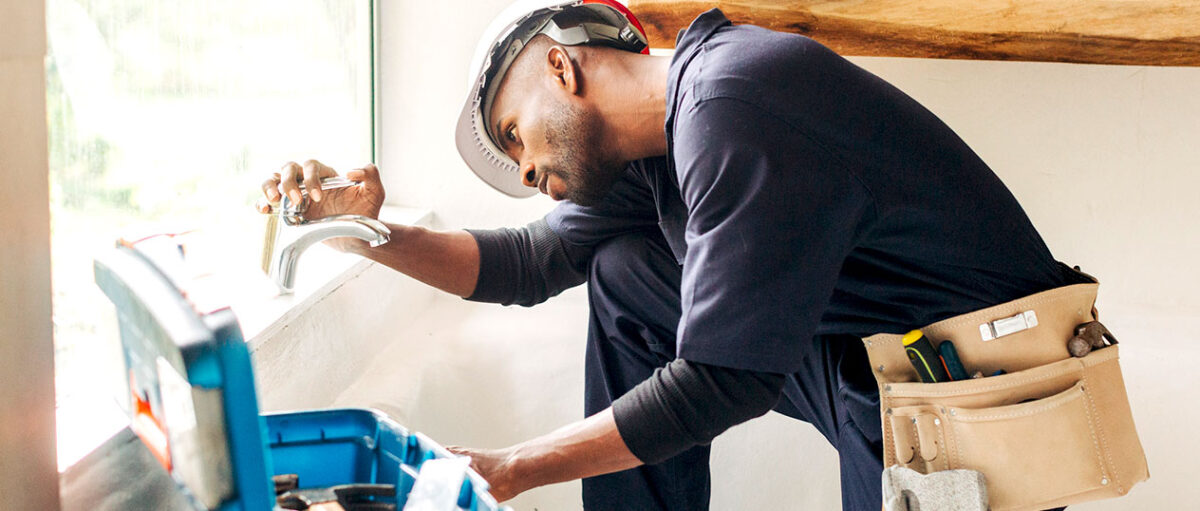
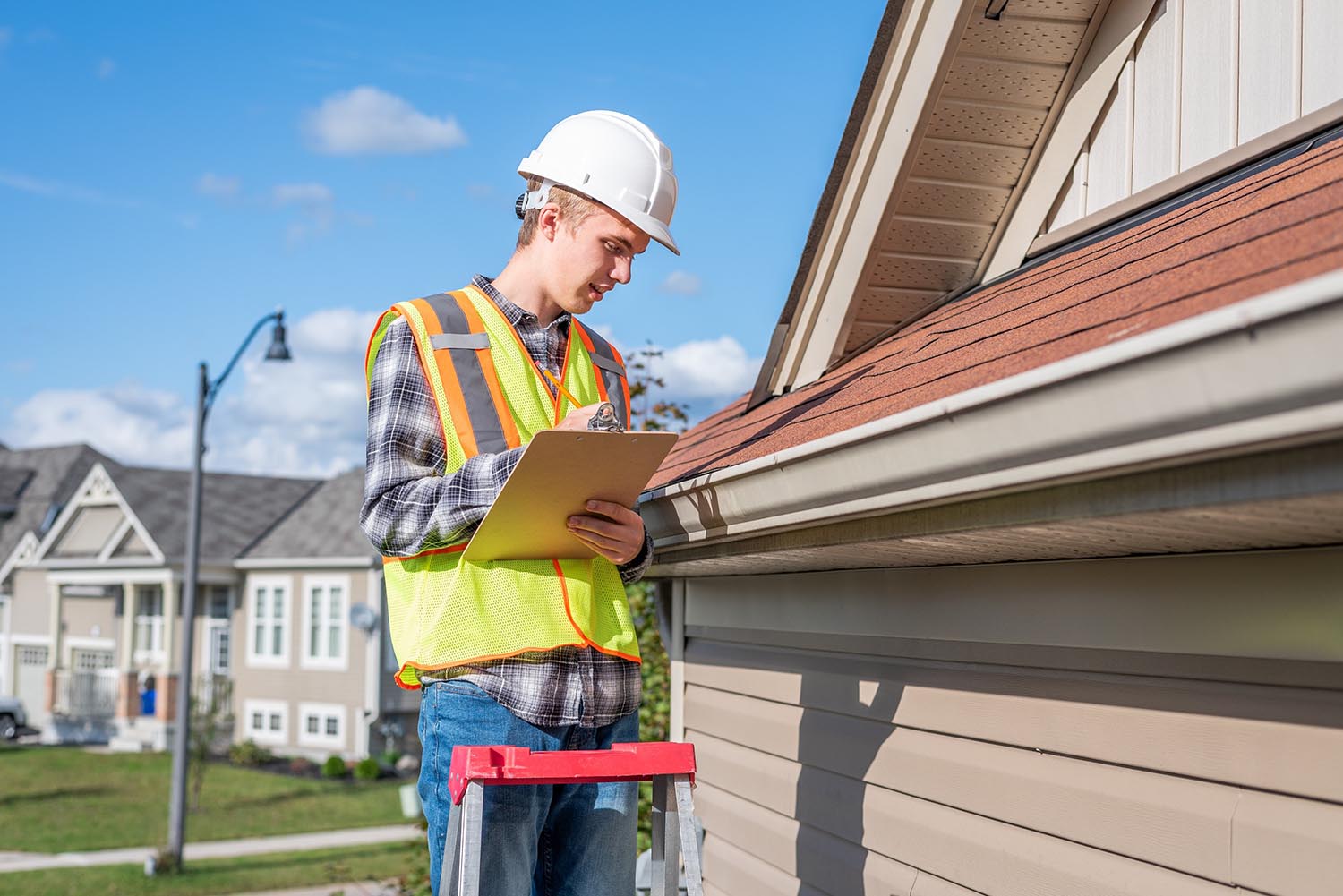
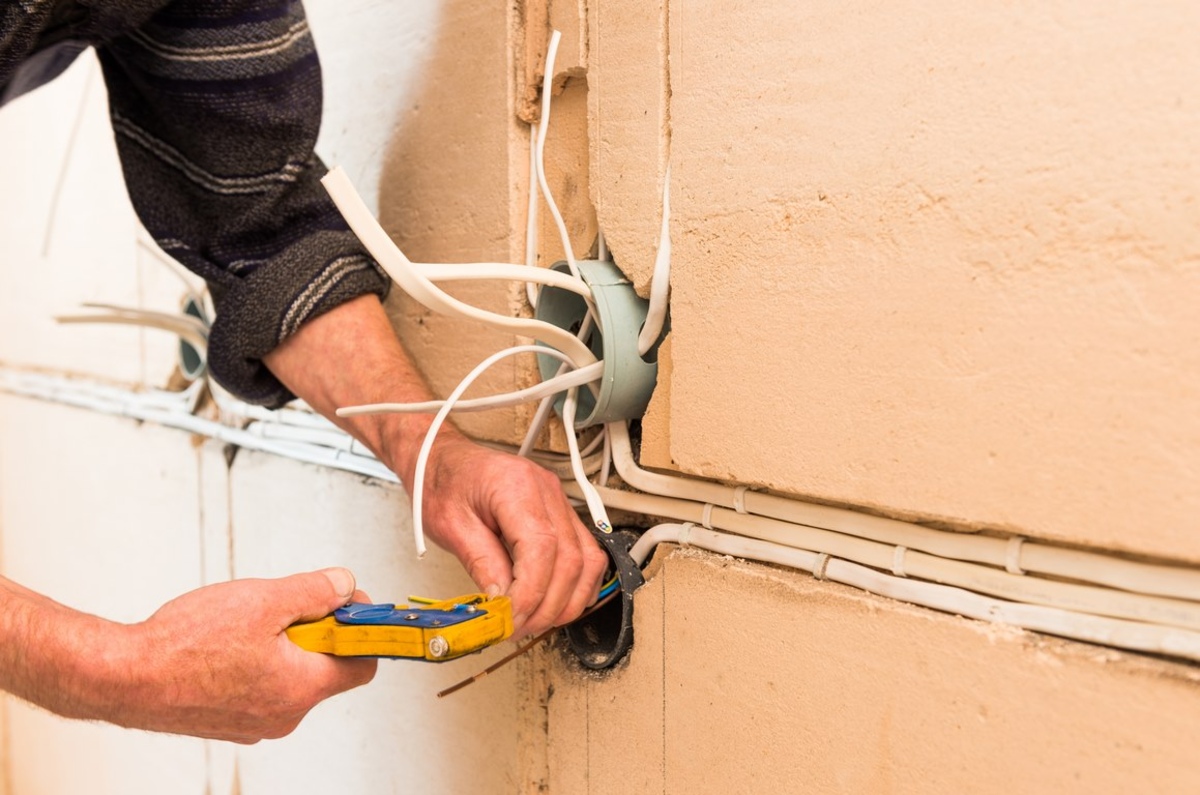

0 thoughts on “When Do You Pay For A Home Inspection?”